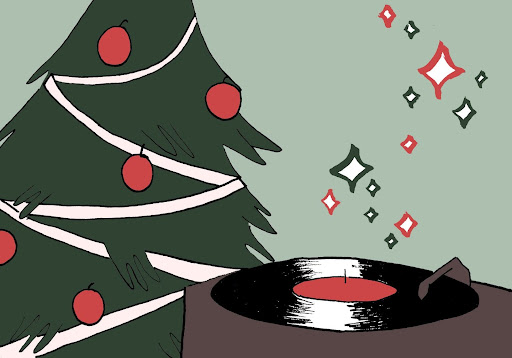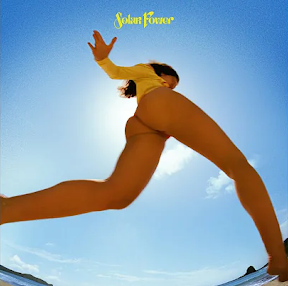Solange’s new album rounds out a list of very pro-black albums this year, including Kendrick Lamar’s “untitled unmastered” and Beyoncé’s “Lemonade.” Solange created an album explaining her experience with her blackness in a mix of simplicity, complexities and vulnerabilities.
“A Seat At The Table” breaks Solange out of the frame of being a lesser Beyoncé or the secondary archetype. This album speaks to a woman who has truly grown into herself. Solange’s style has a neo-soul sound with a mix of 60s-70s funk that uniquely fits her narrative. It speaks to a specifically feminine experience, and her black feminine experience at that.
Solange starts with “Rise,” opening with words of encouragement to do well despite all odds. “Fall in your ways, so you can crumble,” she says. “Fall in your ways, so you can wake up and rise.” The song lays out the album’s central themes dealing with pain, pride and dignity with soft piano and jazz modulations. Solange follows up her words of encouragement to thrive with a story of tiredness in “Weary,” which documents her exhaustion and desire to give into painful indignities.
Solange balances a narrative of injustice to black women as much as she does with a story of self-healing. Her lead single “F.U.B.U.” calls out the people who “get so much from us, then forget us,” and “Don’t Touch My Hair” lays it down on the disrespectful onlookers and adds her journey of balancing her fragility and toughness.
Solange goes more into her personal journey with songs like “Cranes in the Sky,” which she said she started writing eight years ago.
In “Cranes,” she addresses her loneliness and a litany of tried, unsuccessful solutions culminated over years. She “tried to drink it away,” she “tried to run it away” and she “tried to dance it away.”
When Solange herself is not singing about her own struggles and the injustices of her community, she exalts Master P with lines like, “Black kids have to figure it out, we don’t have rehabs to go to. You gotta rehab yourself” and “We come here as slaves, but we going out as royalty, and able to show that we’re the chosen ones.”
His lines address the struggle and oppression of black people while also giving rise to their future and abilities.
That is what this album journeys through: Struggles and indignities followed by motivation.
She provides a completely unique view on self growth with this album. Solange does all of this with 21 tracks by articulating her roots and heritage while giving praise and reference to funk, soul and rap.









